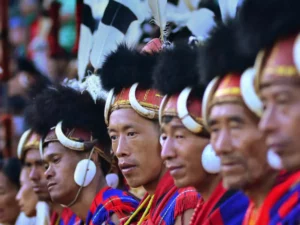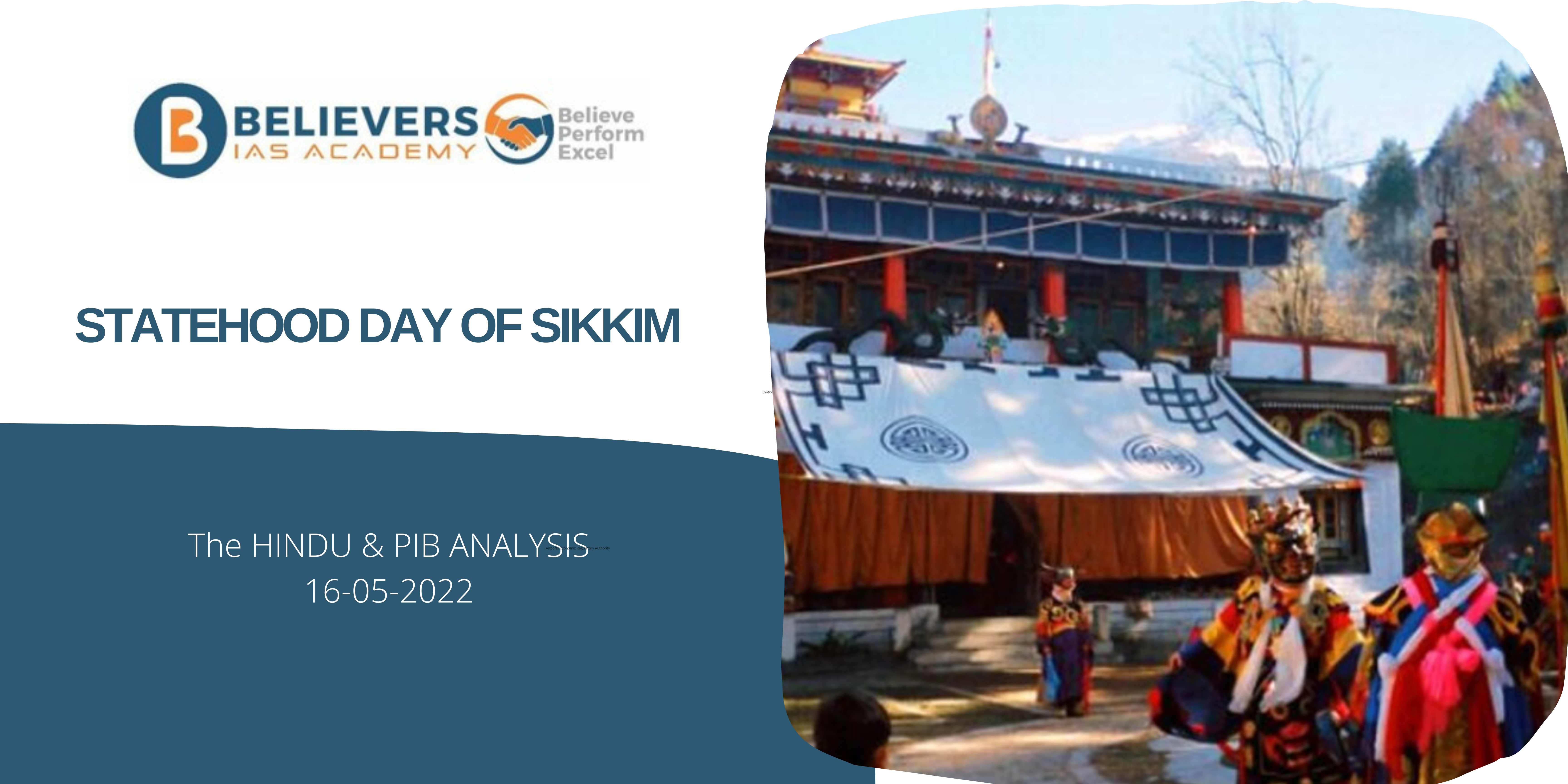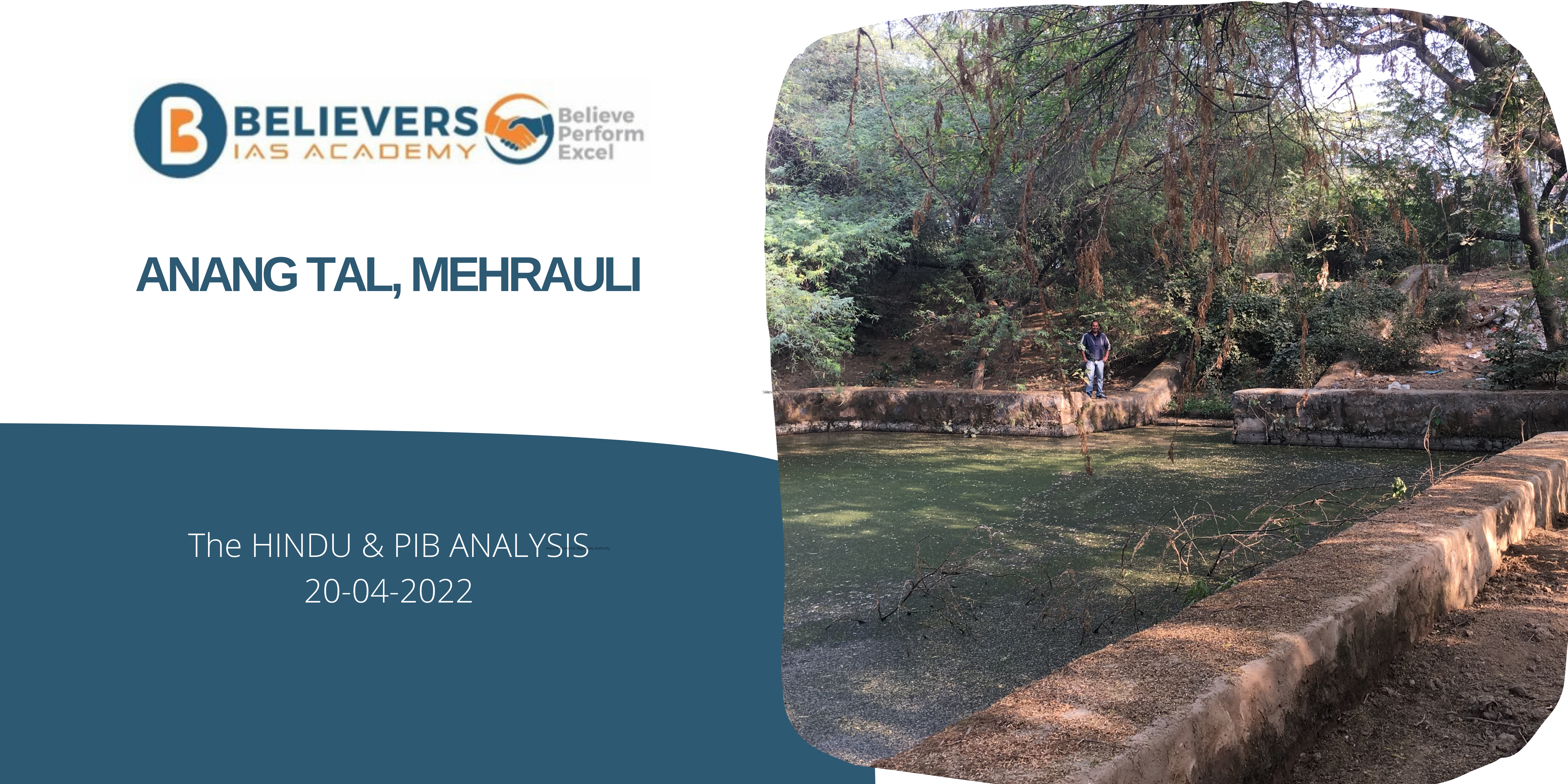Statehood Day of Sikkim
Context:
The Prime Minister, Shri Narendra Modi has greeted the people of Sikkim on their Statehood Day.

History:
- On May 16, 1975, Sikkim became the 22nd state of India.
- Three years after India’s independence, in 1950, Sikkim and the Republic of India signed a pact. The former’s status as a ‘protectorate’ state within the Union of India was preserved under the agreement.
- A protectorate state is a small country that is guarded by a larger, sovereign country. The smaller country controls policies such as foreign affairs, defence, and communications, while the larger country controls domestic affairs.
- By the 1970s, Sikkim’s governing Chogyals had become increasingly unpopular, prompting calls for the former kingdom’s unification with India.
- The Chogyals demanded a referendum in September 1974. The Indian Army entered Sikkim in April of the following year, following a plea by the state’s Prime Minister.
- In the subsequent referendum, 97.5 percent of participants voted in favour of joining India, with only 2.45 percent voting against it.
- Fakhruddin Ali Ahmed, the then-President of India, signed a constitutional amendment on May 15, 1975, and Sikkim became India’s 22nd state the next day; the Chogyal’s office was also dissolved.
About:
- Sikkim is a state in India’s northeast. In the north and northeast, it shares boundaries with China’s Tibet Autonomous Region, Bhutan in the east, Nepal’s Province No. 1 in the west, and West Bengal in the south. Sikkim is also near to the Bangladesh-bound Siliguri Corridor.
- Sikkim is the smallest and least populous of the Indian states. Sikkim is known for its biodiversity, which includes alpine and subtropical temperatures, as well as being home to Kangchenjunga, India’s highest peak and the third highest on the planet. Gangtok is the capital and largest city in Sikkim.
- The Khangchendzonga National Park, a UNESCO World Heritage Site, covers over 35% of the state.
Source: THE HINDU.



